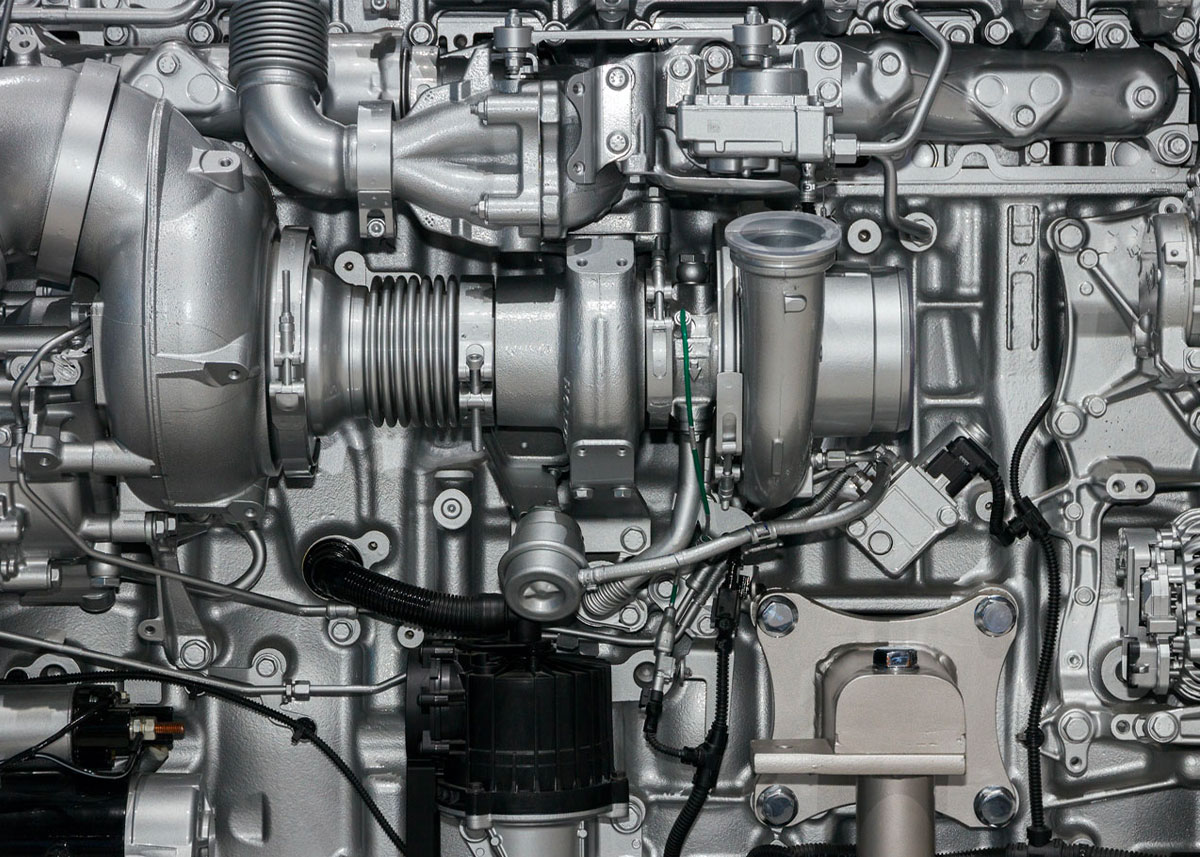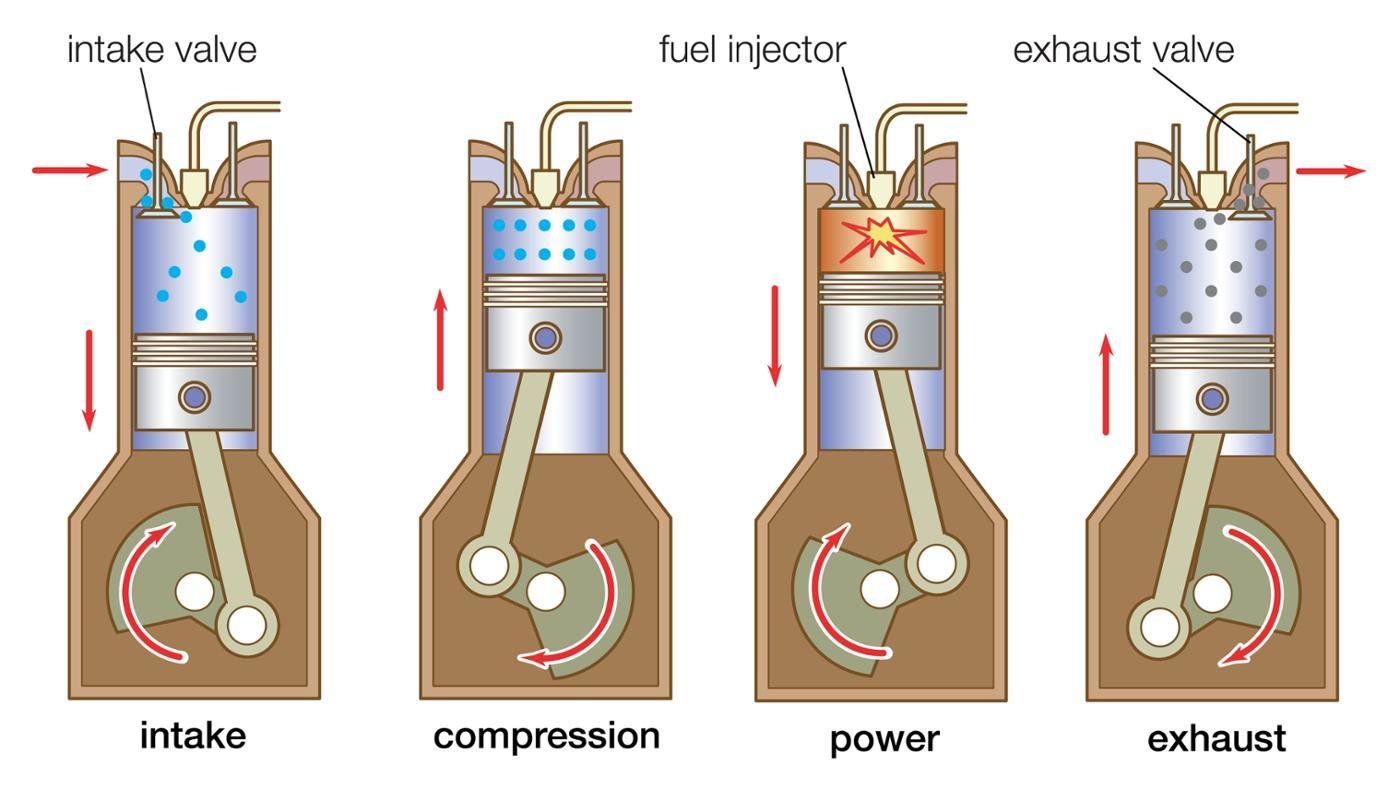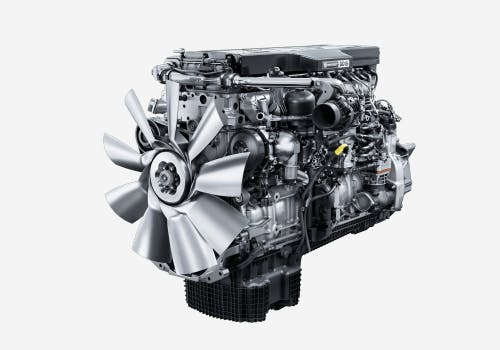Why Choose Engines For Africa for Reliable Motors
Why Choose Engines For Africa for Reliable Motors
Blog Article
Discover a Large Range of Engines for Every Lorry and Function
The automotive landscape is increasingly complex, with a diverse array of engine kinds developed to meet details efficiency and effectiveness demands throughout different vehicle categories. From the high-performance engines that power sports cars and trucks to the fuel-efficient alternatives customized for everyday commuting, the options are huge and differed. Additionally, heavy-duty engines offer the needs of job automobiles, while environmentally friendly choices are gaining traction in the quest of lasting transport. Comprehending these differences is critical for making informed decisions, particularly as arising innovations remain to form the future of automobile design. What effects might these developments hold for consumers and manufacturers alike?
Kinds Of Automotive Engines
Automotive engines can be categorized into several unique types, each developed to fulfill certain efficiency and efficiency demands. The most usual categories consist of interior combustion engines, electrical engines, and crossbreed systems.

Electric engines, on the other hand, run on electric power saved in batteries, offering instantaneous torque and no exhausts. These engines are ending up being increasingly prominent due to improvements in battery technology and the growing focus on sustainability.
Hybrid systems integrate both inner combustion and electrical engines, making it possible for cars to maximize gas efficiency and lower emissions by effortlessly switching over in between power sources. Each engine kind offers its negative aspects and advantages, influencing aspects such as lorry design, intended use, and market need. When selecting the suitable engine for their particular requirements., comprehending these distinctions is critical for consumers and manufacturers alike.
Performance Engines for Sports Cars
Performance engines for cars are particularly engineered to provide improved rate, dexterity, and power, setting them aside from conventional vehicle engines. These engines usually make use of innovative modern technologies such as turbocharging, turbo charging, and variable valve timing to make the most of efficiency and responsiveness.
Generally, performance engines are made with greater compression proportions, which permit higher energy removal from gas. This leads to outstanding horsepower and torque numbers, allowing rapid velocity and higher leading rates. In addition, the light-weight materials made use of in these engines, such as aluminum and carbon fiber, add to decreased general vehicle weight, improving handling and maneuverability.
Engine arrangements like V6, V8, and even hybrid systems prevail in efficiency cars, each offering one-of-a-kind advantages in terms of power distribution and driving dynamics. The adjusting of these engines is also crucial; several producers maximize the engine administration systems to offer an exhilarating driving experience, usually including sporting activity modes that change throttle response and gear changes.
Efficient Engines for Daily Commuters
In the world of day-to-day commuting, reliable engines play an essential duty in optimizing fuel economy and lessening emissions while offering trusted performance. As metropolitan populaces grow and environmental worries magnify, the demand for lorries geared up with effective powertrains has actually surged.
Modern engines developed for day-to-day travelers commonly include technologies such as turbocharging, direct gas shot, and crossbreed systems. Turbocharging enhances engine efficiency by requiring even more air right into the burning chamber, permitting for smaller, lighter engines that do not endanger power output. Straight gas shot boosts gas atomization, leading to better combustion and enhanced effectiveness.
Crossbreed engines, integrating inner burning with electrical power, more boost gas economic situation, particularly in stop-and-go traffic, where conventional engines can experience ineffectiveness. Electric motors help during acceleration and can operate independently at reduced rates, lowering total gas usage.
Furthermore, developments in engine management systems and lightweight products add substantially to effective engine design. By concentrating on efficiency, durability, and ecological sustainability, suppliers remain to provide engines that not only fulfill the needs of everyday commuting yet additionally line up with worldwide efforts to lower carbon footprints.
Heavy-Duty Engines for Work Autos
Durable engines for work vehicles are regularly crafted to provide phenomenal torque and integrity under demanding problems. These engines are designed to execute in atmospheres where conventional engines might fail, such as building and construction sites, logging operations, and farming settings. The key focus of sturdy engines is their capability to generate high levels of power while maintaining longevity over prolonged periods of procedure.
Generally, sturdy engines use innovative materials and durable construction strategies to stand up to the rigors of hefty workloads. Functions such as enhanced cylinder blocks, boosted cooling systems, and advanced gas injection innovations add to their efficiency. These engines often operate at reduced RPMs, which helps to anchor enhance gas efficiency while supplying the essential power for hauling and pulling.
Along with mechanical toughness, sturdy engines are often furnished with sophisticated electronic control devices (ECUs) that manage performance, discharges, and diagnostics. This assimilation enables much better monitoring and maintenance, making certain that work automobiles continue to be effective and functional.
Inevitably, sturdy engines are a vital part in the performance of numerous industries, providing the necessary power and reliability to tackle the most difficult of tasks.
Eco-Friendly Engine Options
The growing emphasis on sustainability has actually led to the development of environment-friendly engine alternatives that focus on lowered emissions and boosted gas performance. These engines are made to decrease the ecological influence of lorries while still supplying the efficiency and integrity anticipated by customers.
Among the most notable environmentally friendly options are hybrid and electric engines. Crossbreed engines integrate conventional internal combustion engines with electrical propulsion, enabling minimized fuel consumption and lower greenhouse gas exhausts. Electric engines, on the various other hand, run completely on battery power, producing zero tailpipe emissions and contributing to cleaner air top quality.
One more promising advancement is the development of biofuel engines, which make use of sustainable resources, such as plant products, to power cars (Engines For Africa). By utilizing biofuels, these engines can their website minimize dependency on nonrenewable fuel sources and lower total carbon impacts

As the auto market evolves, eco-friendly engine alternatives will play an essential duty in driving the change in the direction of more lasting transportation options.
Conclusion
The auto market offers a diverse selection of engines created to meet different vehicle requirements and objectives. From high-performance engines that improve cars capacities to effective versions prioritizing gas economy for day-to-day commuters, each type offers a particular feature. Heavy-duty engines deal with durable work automobiles, while environmentally friendly alternatives, such as electric and biofuel engines, promote lasting transportation. This thorough range makes certain that all driving requirements are attended to, adding to developments in auto technology and ecological stewardship.

Report this page